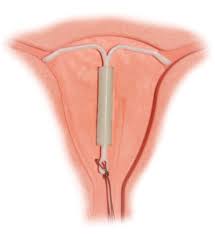The U.S. Judicial Panel on Multidistrict Litigation (JPML) issued a transfer order on April 6 to centralize all federal Mirena brain injury lawsuits nationwide into one federal court in New York.
The JPML refused to centralize 9 lawsuits in early 2014. Lawyers made another request in January 2017 and finally convinced the JPML that there were enough cases to justify consolidation.
The lawsuits will be consolidated in the U.S. District Court for Southern New York under Judge Paul A. Engelmayer — In RE: Mirena IUS Levonorgestrel-Related Products Liability Litigation (No. II) — Case MDL No. 2767.
Mirena is a T-shaped contraceptive implant that prevents pregnancy by slowly releasing the hormone levonorgestrel in the uterus.
Other types of birth control containing levonorgestrel are associated with a brain injury known as Pseudotumor Cerebri (PTC) or Idiopathic Intracranial Hypertension (IIH). Mirena does not carry similar warnings. The label on Mirena does not recommend monitoring for symptoms.
PTC/IIH cause painful migraine headaches as too much fluid in the skull puts pressure on the brain and eyes. It can also lead to papilledema, or optic nerve damage that can cause blindness.
Migraines are one of the most common side effects of Mirena, with 16% of women reporting headaches during clinical trials. Headaches are also the most common symptom of PTC and IH. The other symptoms are neck pain, dizziness, nausea, ringing in the ears, and vision loss.
Lawyers accuse Bayer of failing to investigate the potential side effects of levonorgestrel after warning signs emerged in clinical trials. For example, 56 cases of PTC were associated with the Norplant levonorgestrel-based IUD in a study published by the New England Journal of Medicine in 1995.
Source: MDL No. 2767 – IN RE: Mirena IUS Levonorgestrel-Related Products Liability Litigation (No. II)


